Filipino e-commerce seller, do you have these 7 misconceptions about Facebook ads?

Most sellers have misconceptions about Facebook ads that result in below-average ROI, overspending, and unopened ads, which ultimately lead to poor performance.This article will debunk some of the sellers' 7 common misconceptions about Facebook ads.
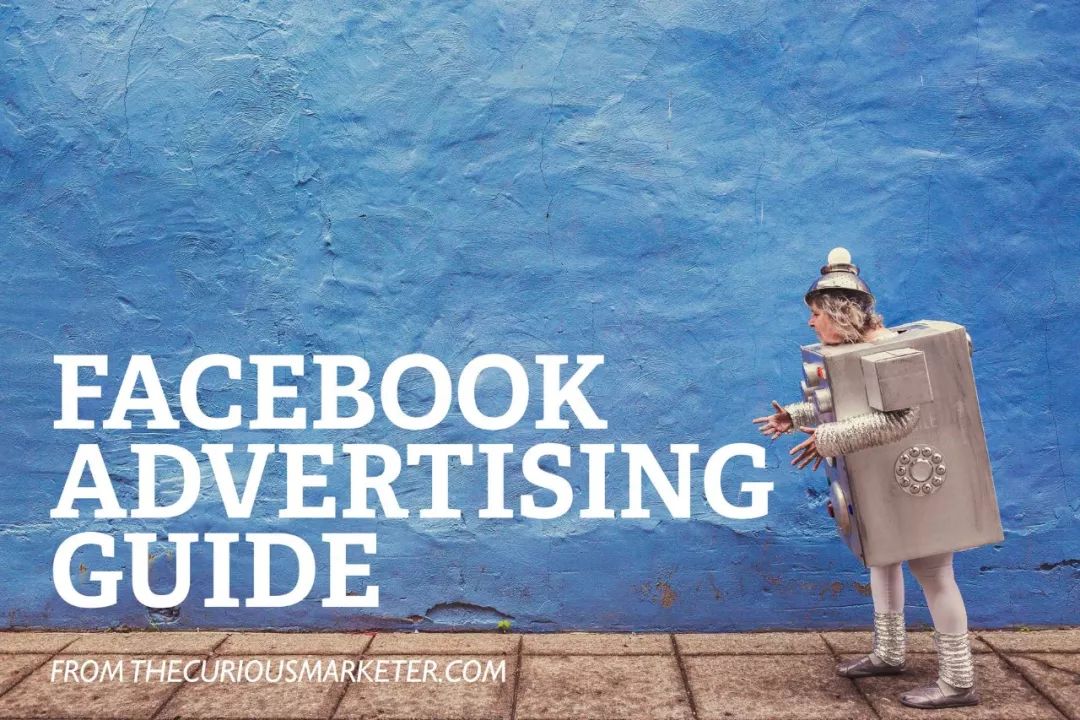
Myth 1: Facebook ads work wonders
Facebook ads don't do miracles, and if your goal is to make every ad go viral, you may fail. Instead, sellers should get the best return on investment with carefully tailored strategies, good targeting, and Facebook ad optimization.
But creating viral ads isn't impossible, and even a very low-budget Facebook video can get millions of views, but that shouldn't be the preferred target for all sellers' ads.
The secret to making viral Facebook ads is to reach your target audience and create content that they might be involved in, so you can get not only good reach, but also click-through rates and a good return on investment, which is the seller's ultimate goal.
Myth 2: The most important indicator is the relevance score
Relevance is important because it's the way the platform quantifies cost-per-click (Cost Per Click) and how often ads are displayed. To improve ad impressions, sellers may want Facebook to score 7-10.
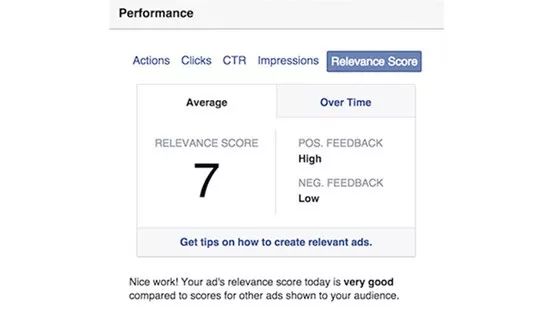
While this metric is important, don't forget that the best measure of your advertising effectiveness is ROI (Return on Investment, ROI), so don't spend too much money on ads that don't convert. Relevance scores don't indicate whether an ad gets clicks, it just means that the ad is relevant to the target audience.
Myth 3: Everything works the same
Using the same type of content doesn't always work the same way, and sellers' Facebook ad content needs to be optimized specifically for the target audience, so sellers need to test the content to ensure it appeals to the target audience.
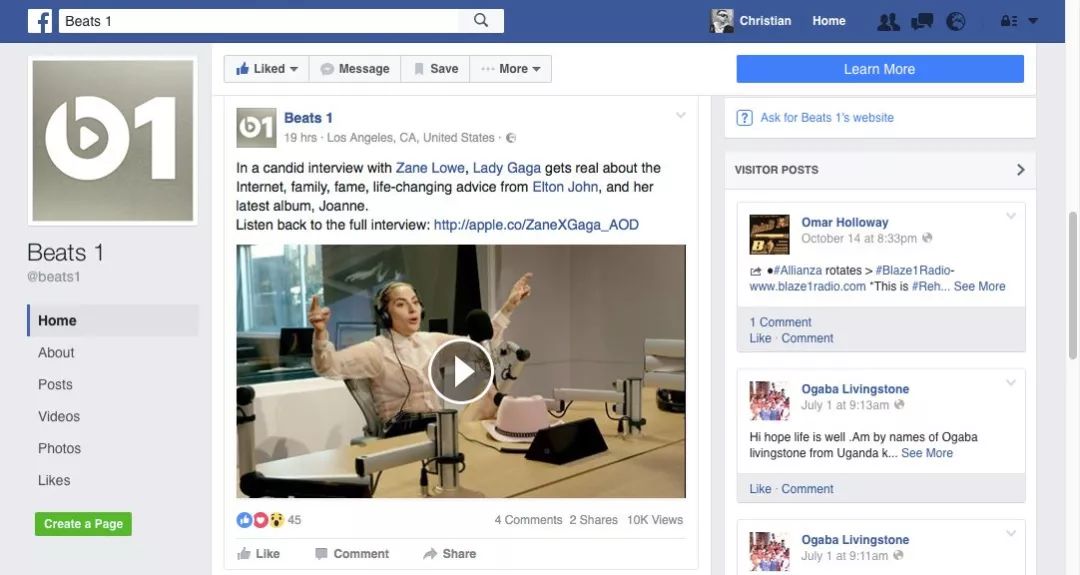
Sellers can try videos, text, pictures, and Messenger to segment audiences to find winning content formulas for the best return on investment.
Myth 4: Invest heavily to grow your fans
Sellers are easily constrained by the idea that the more Facebook fans there are, the higher the sales, and therefore spend most of their budget on it. The truth is, even if someone pays attention to you, they don't necessarily become potential customers or fansMore.That doesn't mean more consumers will be involved. It's better to have a few fans who love your brand than a bunch of zombie powder that doesn't care about what you're selling.
So becoming the most popular brand on Facebook shouldn't be your focus, instead sellers should plan their ads based on conversion rate goals.Of course, ads can also bring you fans, such as sellers can invite users like your ads to like the Page.
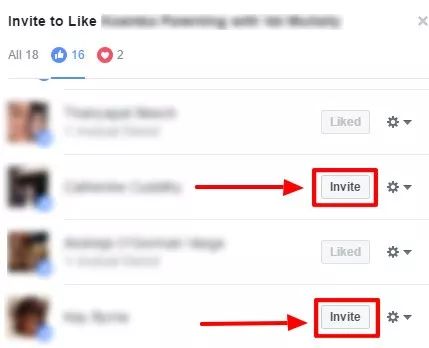
Myth 5: Visitors to all stores should be redirected to a unified website
Redirection is an important part of marketing strategy, but many Facebook marketers are redirecting all store visitors to a unified site at once, which is not working well.
Sellers should run small independent ads based on the user's behavior on the site. Targeted advertising works better for consumers who visit specific product pages.
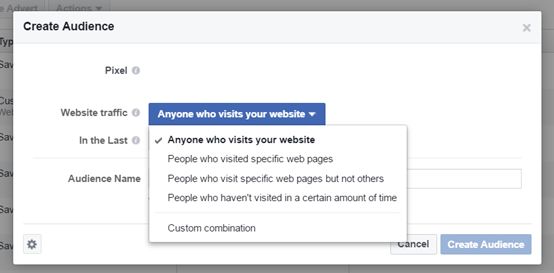
Myth 6: It takes a huge budget to compete with others
It is a common misconception that many sellers complain that Facebook ads are too expensive. Indeed, if you don't target or optimize Facebook ads correctly, it can be expensive. It is this misunderstanding that makes sellers think they need a large advertising budget to compete on Facebook.
A study by Social Media Today found that the average CPC cost for all industries on Facebook was $1.72, and when you compare it to the average CPC cost of Google AdWords ($1-2), you'll find that Facebook isn't as expensive as other PPC platforms.
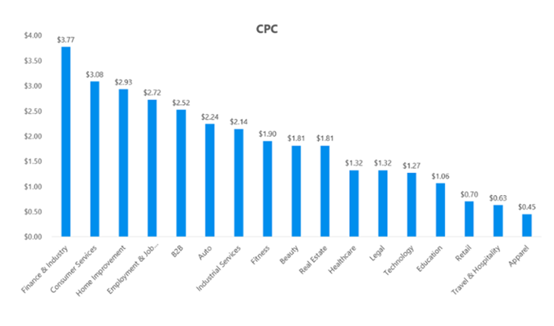
In fact, sellers can start with a smaller budget, create ads with high ROI, and reduce Facebook's advertising costs. Also, don't be afraid of higher CPC costs, because when you find the right audience, they spend more and convert more.
Myth 7: Facebook's marketing strategy is a separate individual
The last common misconception about Facebook ads is that FB marketing strategies are individual, but in fact you should integrate different marketing strategies.
Marketing ads are a good example, as are creating Facebook ad groups using data from Google Analytics in AdWords ads. The ideal solution is to combine FB strategies with other campaigns so that each campaign (and the data in that campaign) helps achieve different goals.
In short, Facebook ads should be part of a multi-channel marketing plan, not a separate one.
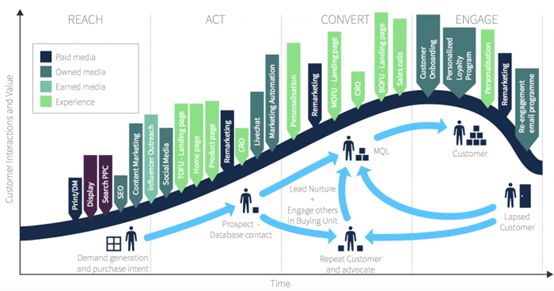
-The End-
Learn more about Facebook's streaming operations
Please continue to lock down Klaiya Philippine e-commerce consultants
Text source network, intrusive deletion
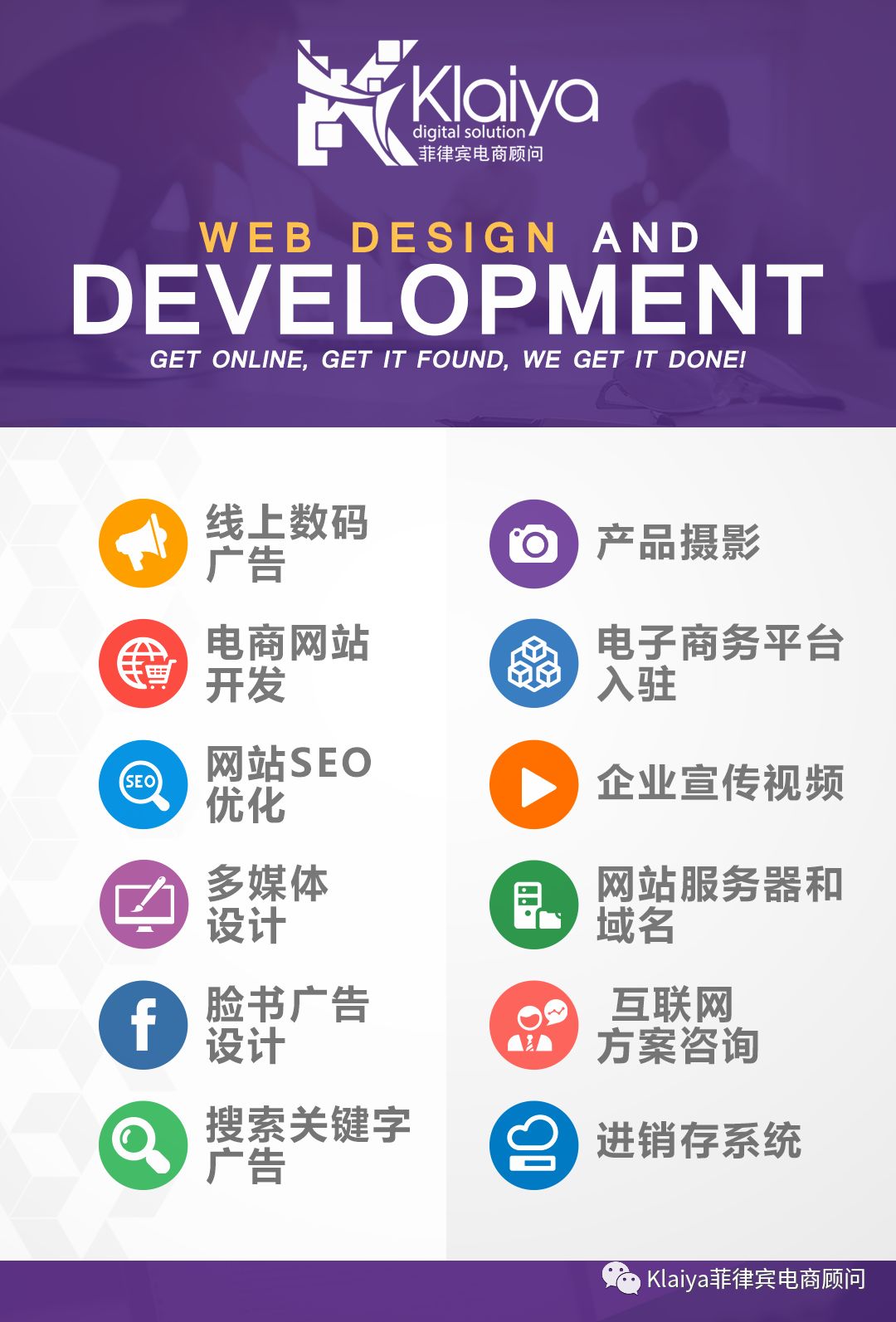

Klaiya
E-commerce program experts, the Chinese-Philippine team to work together to quickly seize the Philippine e-commerce market.
Customer Service WeChat ID: klaiyaph

Go to "Discovery" - "Take a look" browse "Friends are watching"